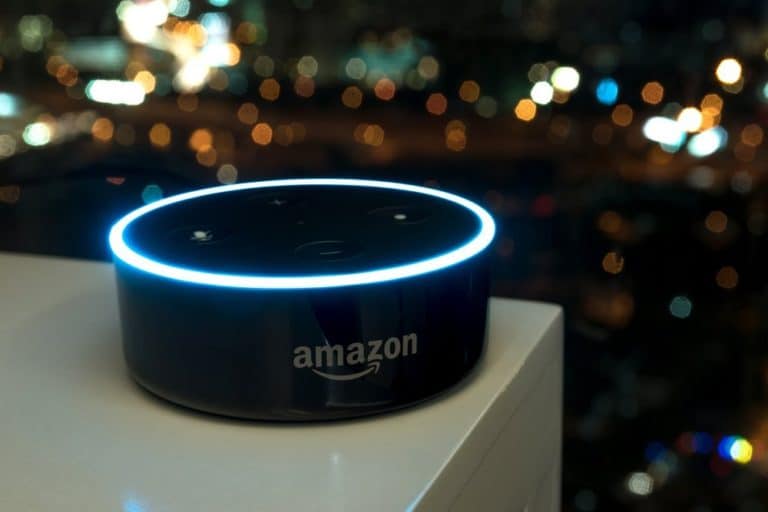Amazon’s Alexa everywhere strategy seems to be bearing fruit. Today, the company reports that the Virtual Assistant is installed on more than 20,000 different devices. This makes the strategy seem quite successful and it is no wonder that more and more people are using the smart service.
Daniel Rausch, vice president of the Amazon Smart Home group, reported the number during the company’s IFA show. Rausch also gave some insights into the way the strategy works. This is mainly due to the simplicity with which companies can board Alexa.
Enormous growth
According to Rausch, this year Alexa has sung Happy Birthday millions of times and told more than a hundred million jokes. If the smart assistant hasn’t done that for you yet, that could soon change. At the beginning of this year, Alexa was still on 4,000 devices, but that number has increased fivefold in just eight months. In addition, the number of brands to which Alexa is linked has grown from 1,200 to 3,500 over the same period.
During the IFA, all kinds of companies presented systems that run on Alexa, or at least offer its services. Think of Huawei, who launches a smart speaker with his AI Cube for the first time, Asus, who builds Alexa into his ZenBook laptops, and Yale Sync, who builds a home security system with Alexa.
Alexa everywhere
For Amazon, however, this is far from the end. Alexa should be used much more widely. For this reason, the service is already added to cars, offices and hotels. The denominator Alexa everywhere must be taken literally. Amazon is trying to achieve this in two ways.
On the one hand, Amazon makes it very easy for companies to use Alexa. If a device has a CPU, Alexa can be installed. It is as simple as that and that makes it possible to quickly install Alexa in washing machines, telephones, televisions, laptops and hotels. On the other hand, there are also more and more possibilities: Alexa now has 50,000 skills, and hundreds of thousands of developers in more than 180 countries are working on building new skills.
Heavy competition
So Alexa’s fine, but there are hijackers on the coast. More and more companies have their own voice assistants. Apple offers Siri, Google the Assistant, Microsoft has Cortana and Samsung is working on Bixby. The tech companies all have a service that can talk to users and automate or completely take over tasks.
In addition, more and more people are worried about their privacy. After all, the voting assistants collect a lot of data about their users, which is a concern that the tech companies do not yet do enough with. Choices made in this respect can be crucial for the future success of the AI assistants.
This news article was automatically translated from Dutch to give Techzine.eu a head start. All news articles after September 1, 2019 are written in native English and NOT translated. All our background stories are written in native English as well. For more information read our launch article.